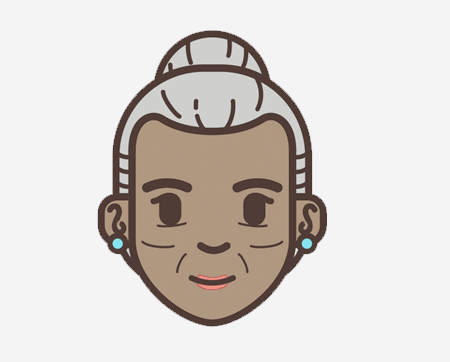
Life insurance can offer essential financial security to your dependents such as a partner, children, or elderly parents, when unexpected and unfortunate events occur.
What is life insurance?
Obtaining life insurance in the UK provides your family with much-needed financial security in the event of your death during the policy term. The lump sum your family receives will help them to uphold their standard of living or pay off a mortgage.
How does life insurance in the UK work?
Life insurance cover provides a cash lump sum payout if you're diagnosed with a terminal illness and not expected to survive more than 12 months or if you die during the policy term. Before obtaining life insurance coverage, it might be wise to consider how life insurance works by speaking to an expert insurance expert. BVS insurance brokers can help you with deciding what type of life insurance policy will suit you most.
Do I need Life Insurance?
How you choose life insurance may depend on your specific situation. However, if you have financial dependents like children or a partner, life insurance can be a great way of safeguarding them.
For a start, evaluating whether your family can cope with your absence might be a good way to help you decide. You could also calculate the expenses required for childcare, utilities, and daily living expenses.
If you're retired and your children are independent, you may not require life insurance. But, for couples starting out, homeowners, young families, or those with grown-up children, obtaining life insurance may prove to be an invaluable investment.
Why do I need life insurance for my mortgage in UK?
In the event of your death, your mortgage will not disappear. The obligation of paying back the mortgage becomes a very real burden to the remaining family members. Obtaining life insurance assures them that they can pay off the mortgage when you are no more.
Should I go for a joint or separate life insurance policy?
If you and your partner prefer a combined cover, you can opt for a joint policy that pays out only once and ceases to provide coverage for the second person after the first person's demise.
Alternatively, if both of you obtain separate policies, in this case, once a payout for one person is done, that policy will end. But the second person's policy will remain in effect, guaranteeing a second payout in the event of his/her death.
Different types of cover
Level cover
In this type of policy, you can choose the lump sum amount you want to leave behind for your loved ones and determine the duration of your coverage. You will then be required to pay a fixed monthly premium until the policy terminates.
The payout can help maintain the standard of living for your loved ones and cover expenses such as rent or an interest-only mortgage.
Level cover may be an ideal option if you aim to:
- Substitute your salary
- Sustain your family's living standards
- Have financial assistance for health issues and living expenses if you are diagnosed with a terminal illness
- Pay for your children's tuition fees
- Keep up with mortgage payments
- Pay off an interest-only mortgage
Protecting your cover from the effects of inflation:
You can opt for an increasing cover amount that matches inflation, meaning that your monthly premium payments may increase. This feature ensures that the lump sum remains appreciated with the current value in the future despite the rise in living expenses and inflation.
Decreasing cover
This kind of coverage may be suitable if you want your family to repay a long-term loan or a repayment mortgage in case you pass away within the policy term.
The coverage remains active for a set period, and your monthly payments remain constant unless you adjust your policy.
The coverage amount decreases over time, along with the value of the loan or mortgage. Decreasing cover usually costs less than a level cover.
Get no obligation and fast advice today
When it comes to your finances there is no such thing as a stupid question.
The internet is not a secure medium and the privacy of your data cannot be guaranteed.

